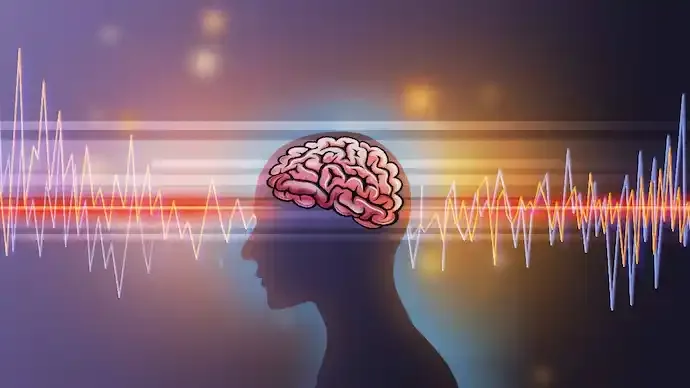Shopping cart
Your cart empty!
Terms of use dolor sit amet consectetur, adipisicing elit. Recusandae provident ullam aperiam quo ad non corrupti sit vel quam repellat ipsa quod sed, repellendus adipisci, ducimus ea modi odio assumenda.
Lorem ipsum dolor sit amet consectetur adipisicing elit. Sequi, cum esse possimus officiis amet ea voluptatibus libero! Dolorum assumenda esse, deserunt ipsum ad iusto! Praesentium error nobis tenetur at, quis nostrum facere excepturi architecto totam.
Lorem ipsum dolor sit amet consectetur adipisicing elit. Inventore, soluta alias eaque modi ipsum sint iusto fugiat vero velit rerum.
Sequi, cum esse possimus officiis amet ea voluptatibus libero! Dolorum assumenda esse, deserunt ipsum ad iusto! Praesentium error nobis tenetur at, quis nostrum facere excepturi architecto totam.
Lorem ipsum dolor sit amet consectetur adipisicing elit. Inventore, soluta alias eaque modi ipsum sint iusto fugiat vero velit rerum.
Dolor sit amet consectetur adipisicing elit. Sequi, cum esse possimus officiis amet ea voluptatibus libero! Dolorum assumenda esse, deserunt ipsum ad iusto! Praesentium error nobis tenetur at, quis nostrum facere excepturi architecto totam.
Lorem ipsum dolor sit amet consectetur adipisicing elit. Inventore, soluta alias eaque modi ipsum sint iusto fugiat vero velit rerum.
Sit amet consectetur adipisicing elit. Sequi, cum esse possimus officiis amet ea voluptatibus libero! Dolorum assumenda esse, deserunt ipsum ad iusto! Praesentium error nobis tenetur at, quis nostrum facere excepturi architecto totam.
Lorem ipsum dolor sit amet consectetur adipisicing elit. Inventore, soluta alias eaque modi ipsum sint iusto fugiat vero velit rerum.
Do you agree to our terms? Sign up

Conventional wisdom has long positioned early adulthood as the zenith of human mental capacity, characterized by rapid learning and processing speed. However, a significant new study is fundamentally challenging this notion, revealing that the human brain continues a long arc of development, with true cognitive and emotional power reaching its highest levels much later in life, often peaking between the ages of 55 and 75.
The research, published in the esteemed journal Intelligence, was conducted by a team that meticulously examined a comprehensive range of psychological traits critical to real-world efficacy. The traits analyzed included basic cognitive functions such as reasoning, memory span, and processing speed, alongside more complex characteristics like knowledge, emotional intelligence, moral judgment, and five key personality traits (extraversion, emotional stability, conscientiousness, openness to experience, and agreeableness).
The findings suggest a stark divergence between physical and mental aging timelines. While peak physical performance is generally achieved in a person’s twenties, the brain's highest functioning state for complex abilities occurs decades later. The study indicates that overall psychological functioning reaches its maximum effectiveness between ages 55 and 60, before beginning a gradual, steady decline after the mid-sixties.
Wisdom, Judgment, and Emotional Stability Gain with Age
The research specifically highlights that key elements of maturity and life success are late-peaking. Conscientiousness, the trait closely associated with reliability, organization, and self-discipline, typically peaks around age 65. Even more notably, emotional stability—a measure of resilience and calm under pressure—may not reach its apex until approximately age 75.
Furthermore, the research underscores that superior moral reasoning and the critical ability to resist cognitive biases continue to show improvements well into the seventies and even the eighties. This growth in judgment, perspective, and emotional regulation often compensates for the mild decline observed in raw functions like processing speed, providing a balanced and highly effective psychological profile in later years. This unique blend of experience and heightened emotional capacity may explain the prevalence of individuals in their fifties and sixties in senior leadership roles across global politics and corporate sectors.
Challenging Ageism in the Workplace
Despite the compelling evidence that peak intellectual power, characterized by wisdom and stability, arrives later, the findings stand in sharp contrast to persistent issues of age discrimination in the workplace. Even with legislation protecting workers over 40, surveys continue to show that older employees frequently experience prejudice, with a notable preference for younger candidates in hiring decisions.
The study’s lead researcher strongly advocates for a shift in perception, asserting that capability must be assessed by actual performance and experience, rather than an arbitrary age marker. Historical achievements across science, art, and leadership—such as the creation of groundbreaking works well into the fifties and beyond—provide concrete examples that significant human achievements often occur well past the age traditionally mislabeled as the "peak."
To maintain this extended period of high-level cognitive function, experts recommend consistent long-term brain health strategies. These include adopting a nutrient-rich diet, engaging in regular physical exercise and ensuring adequate sleep. Crucially, lifelong mental stimulation—through activities like learning a new language, pursuing creative hobbies, or engaging in strategic games—is paramount for sustaining memory, reasoning, and delaying cognitive decline. The research reframes later life as a period of profound psychological growth, deep understanding, and enhanced moral capability, marking a true, enduring phase of human intellectual flourishing.
44
Published: Oct 28, 2025